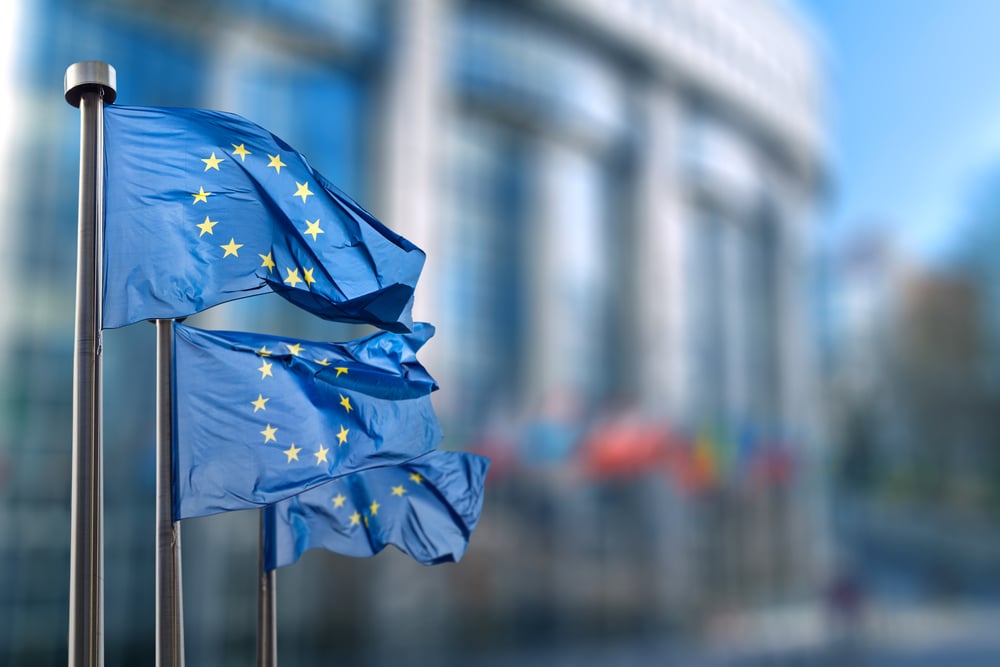Cryptocurrencies ‘Here to Stay, Market Growing despite Recent Turbulence’: EU Watchdog Chief

Following the meeting of the EU Economic and Financial Affairs Council (ECOFIN) in Vienna, Austria on September 7, European Commission Vice-President Vladis Dombrovskis has stated that the Council’s position on cryptocurrencies is that they are here to stay despite market turbulence.
CCN.com earlier reported that the 28 EU finance ministers would meet for an informal gathering in Austria to discuss new rules for the emergent cryptocurrency sector.
Growth Despite Turbulence
In his opening remarks, Dombrovskis said that the Council has developed a broadly positive view of cryptocurrencies and ICOs, seeing their growth in the face of market turbulence as proof of their viability.
In his words:
“We see that crypto-assets are here to stay. Despite the recent turbulence, this market continues to grow. In particular initial coin offerings, or ICOs, we see they have the potential to emerge as a viable form of alternative financing. Already last year, ICOs helped raise over 6 billion dollars in funding and this year this figure will be substantially bigger.”
Dombrovskis, who oversees Financial Stability, Financial Services and Capital Markets Union in the EU has been an outspoken proponent of developing a unified continental regulatory framework for cryptoassets.

In December 2017, CCN.com reported that he wrote letters to the European Banking Authority (EBA), the European Insurance and Occupational Pensions Authority (EIOPA), and the European Securities and Markets Authority (ESMA) urging them to warn bitcoin adopters of the risks in investing in the cryptocurrencies.
Speaking on Friday, Dombrovskis again reiterated his concerns about cryptocurrency, stating that there are implicit risks for investment protection and market security, but also the risk of money laundering, potential fraud and hacking.
This he said, is a cause for the EU to keep on monitoring developments in the crypto space in collaboration with the Financial Stability Board and the G20. He also noted that the EU has already expanded the scope of existing AML and anti terror-financing legislation to cover crypto exchanges and crypto wallet providers.
Developing a Regulatory Framework
According to Dombrovskis, a major challenge regulators face with crypto assets is knowing how to properly categorise them, and determining whether to apply existing EU financial rules to them or to develop new rules.
Against this backdrop he said, the Council is working in conjunction with European Supervisory Authorities on a crypto asset regulatory mapping project to provide answers to these questions.
Explaining further he said:
“Many Member States today supported the need for such mapping, so we expect to conclude this assessment later this year. This will provide a solid ground to build on and to decide on further steps in this area.”
Featured image from Flickr/European People’s Party .